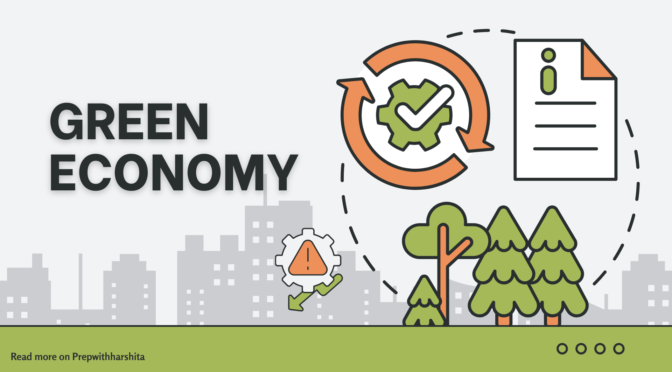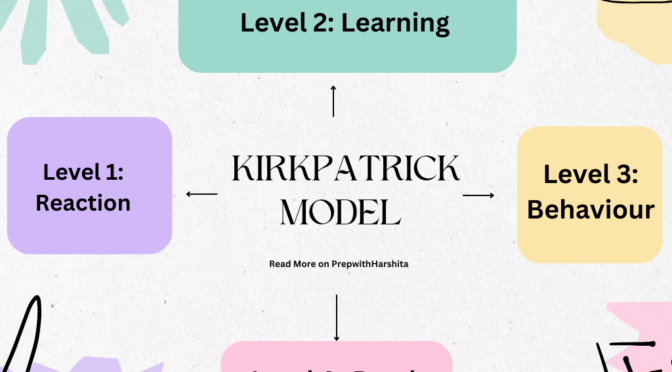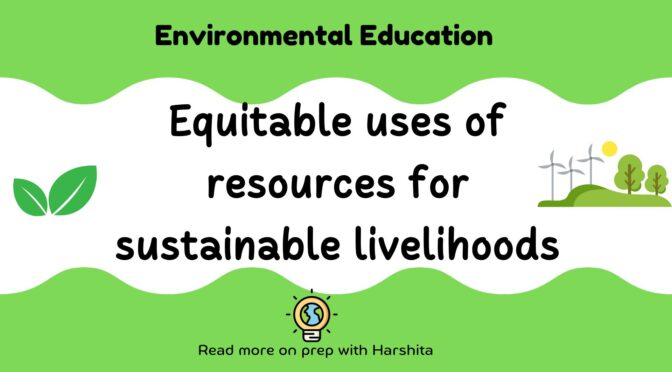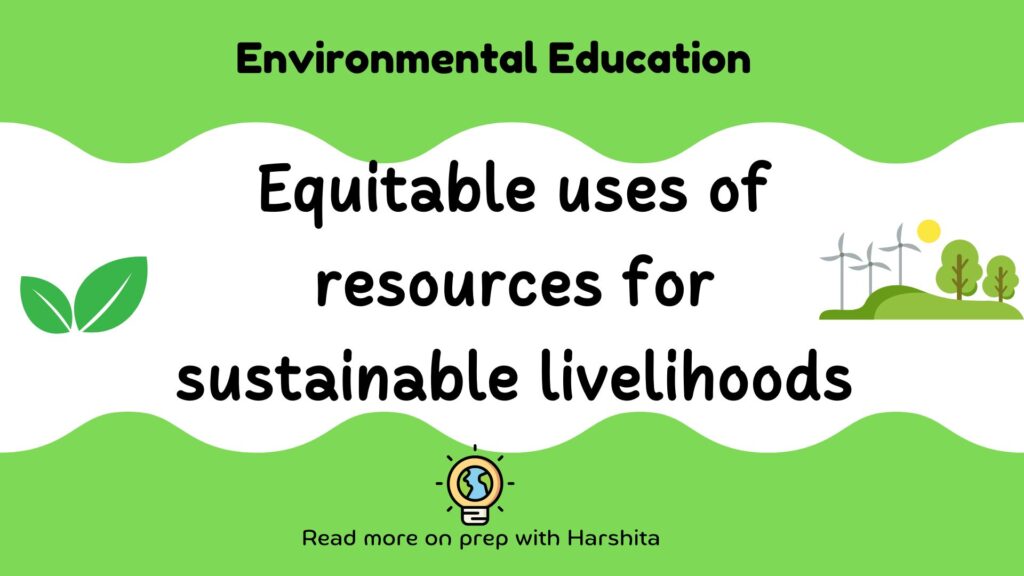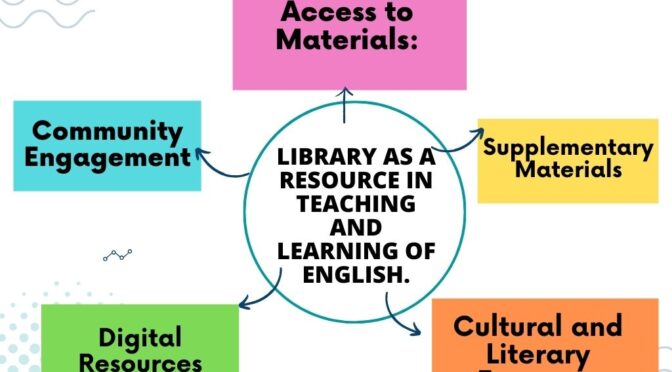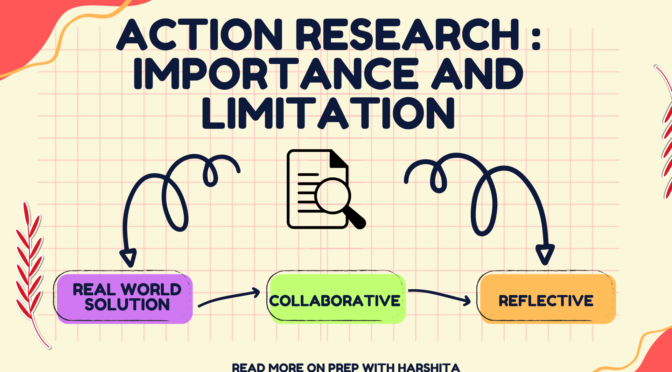The concept of the green economy is becoming a global phenomena as a sustainable pathway for economic growth. It focuses on balancing environmental health, social well-being, and economic development. It invests in clean energy, sustainable industries, and green technologies to ensure a future that benefits both people and the planet.
What is a Green Economy?
At its core, It promotes growth while minimizing environmental risks and ecological scarcities. Unlike traditional economies, it prioritizes renewable resources, reduced emissions, and sustainable practices. It fosters innovation and creates new opportunities in eco-friendly industries such as renewable energy, sustainable agriculture, and green technology.
Key Features of a Green Economy
- Low Carbon Footprint: It focuses on reducing greenhouse gas emissions through energy efficiency and renewable energy.
- Resource Efficiency: It encourages the responsible use of natural resources to reduce waste.
- Social Inclusivity: It supports jobs and livelihoods, ensuring economic benefits reach all sections of society.
- Biodiversity Preservation: It protects ecosystems and enhances natural capital for future generations.
Benefits of Transitioning to a Green Economy
- Job Creation: Green sectors like renewable energy, waste management, and sustainable agriculture generate employment opportunities.
- Economic Resilience: Diversifying economies away from finite resources helps countries stay stable in the long run.
- Environmental Protection: It helps to prevent pollution, conserves biodiversity, and combats climate change.
- Improved Quality of Life: Cleaner air, water, and sustainable urban planning lead to healthier communities.
Read more on page 2

